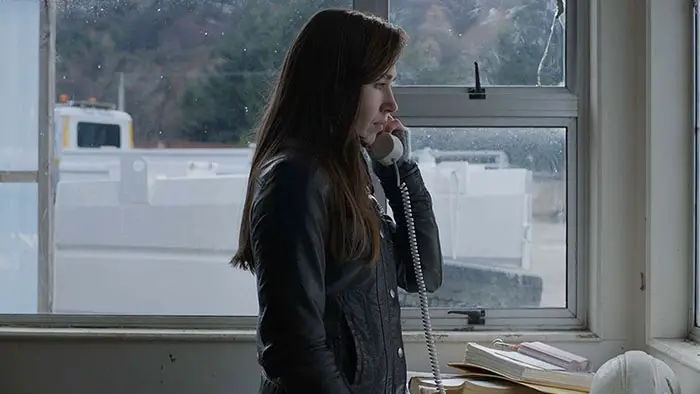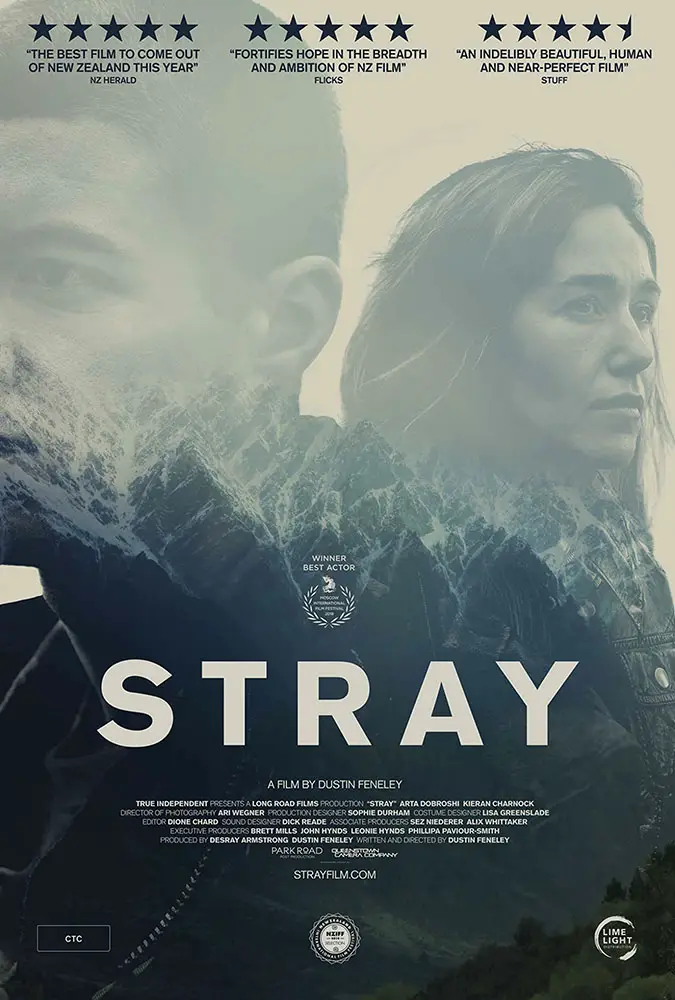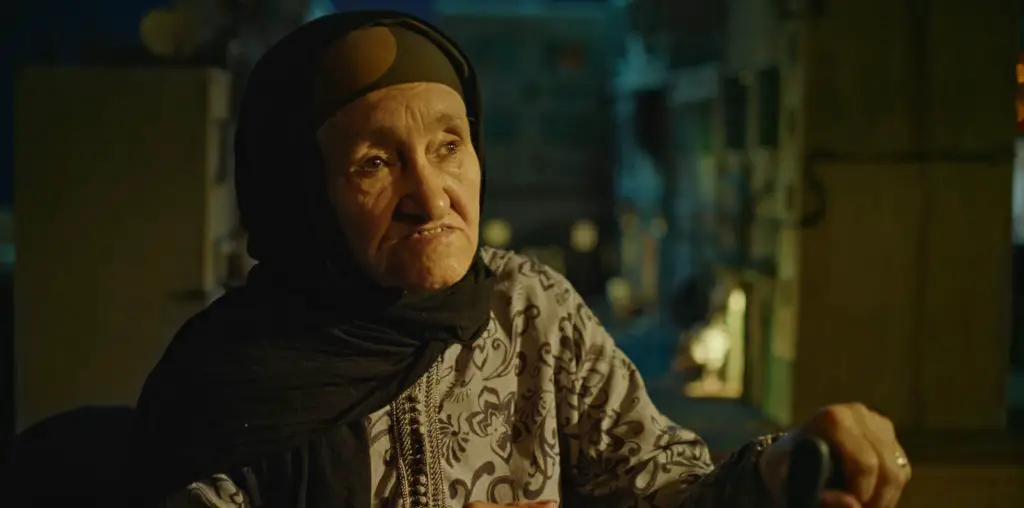
Stray is a story about isolation. Notably, the isolation imposed upon us by life, our loved ones, and ourselves after life-altering events. In coping with these events, when there’s no one to turn to, we make less than ideal choices, which in this case leads to prison or a psych ward. Jack and Grace are two such people with literally no one to turn to and nowhere to go. That is until they find one another.
What’s impressive about these two characters is how similar they are. Alone for different reasons, but going through the same emotions. They find companionship in one another but rush too quickly into lovemaking. They engage in the ultimate act of intimacy, yet still can’t be completely honest with one another. Even though they are guarded, they are both so needy. Two complete strangers who needed to be touched to feel alive again.

“…going through significant personal struggle, but it’s rarely overdone or overacted.”
What’s seemingly wrong with Stray is, obviously, its pacing. Feneley’s film moves too damn slow. Our two leads don’t meet until the one-hour mark. Scenes consist of long and wide shots of our actors standing on a boat, sitting by the fireplace, walking, or driving. There’s not a lot of dialogue. In a way, it’s like watching an ant farm with the ants just moving from one side to the other. Yet, somehow this all works, when film school tells you it shouldn’t.
Why does it work? It’s so hard to say. Shot compositions are good, not great. It works because it connects and not in some big Hollywood dramatic fashion. The characters are going through significant personal struggle, but it’s rarely overdone or overacted. You feel their emotions as well, and still not histrionic. The performances from Charnock and Dobroshi are subtle and restrained. In a way, it feels authentic, particularly with the people in my life who have gone through their own struggles. They appear to be healthy, quiet, and unassuming people, which is why we’re surprised when they wind up in jail or a hospital.
Stray is a film-going experience that we, action-hungry Americans, are not used to. It’s slow and plodding but says a lot about the human experience—an experience the majority of us will never admit we’ve experienced. I supposed it’s like watching a beautiful painting dry.

"…two strangers whose lives change the moment they meet."

